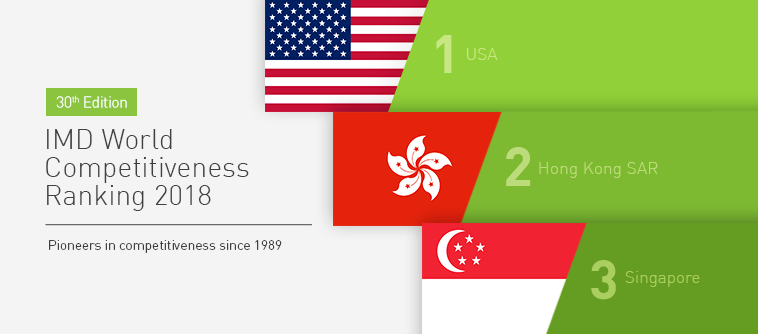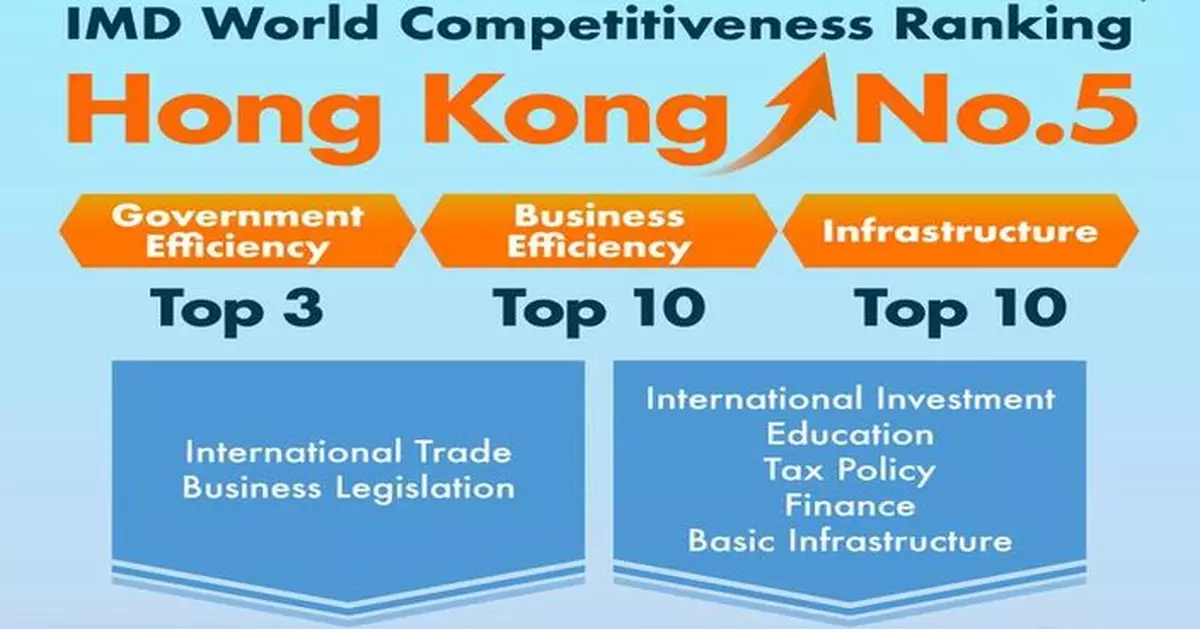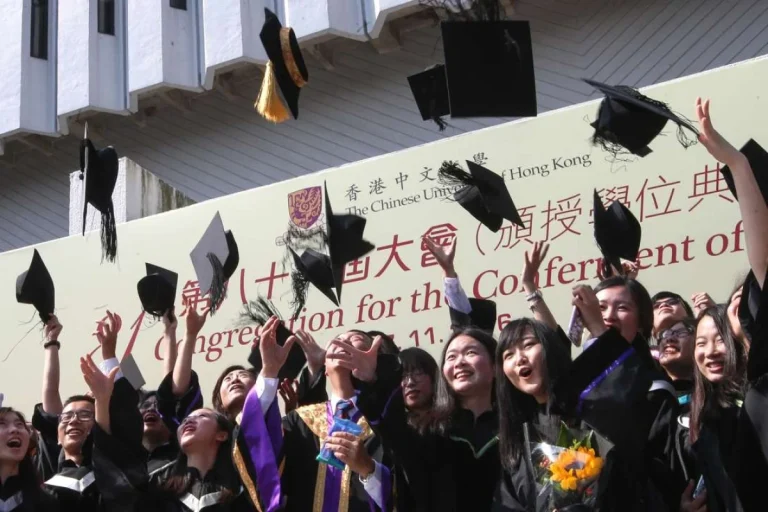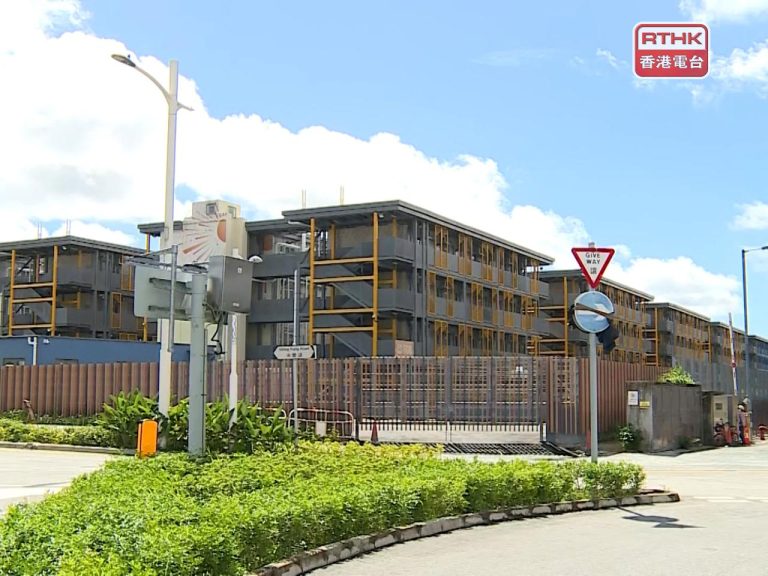Hong Kong has made a remarkable leap in global competitiveness, climbing to third place in the World Competitiveness Yearbook 2025, published by the International Institute for Management Development (IMD). This significant achievement marks the city’s return to the top three rankings since 2019, signaling a strong resurgence in its economic and administrative capabilities.
The city’s total competitiveness score soared by an impressive 7.7 points, reaching 99.2 out of 100 – the largest increase among the top 10 global economies. This substantial improvement reflects Hong Kong’s strategic positioning and adaptive economic policies in a rapidly changing global landscape.
Breaking down the performance reveals a nuanced picture of Hong Kong’s strengths. The city achieved second-place rankings in two critical areas: government efficiency and business efficiency. These rankings are not just numbers, but testament to the region’s robust institutional framework and business-friendly environment.
In government efficiency, Chief Executive John Lee highlighted the ranking as a reflection of civil servants’ competence and the government’s result-oriented approach. Similarly, the second-place ranking in business efficiency underscores the positive perception of business leaders regarding Hong Kong’s competitive advantages.
The city’s economic performance saw notable improvements, rising to sixth place globally. This was complemented by an advancement to seventh place in infrastructure, demonstrating a holistic approach to economic development. What truly sets Hong Kong apart are its exceptional performances in specific sub-factors, where it claims top global positions.
Most notably, Hong Kong ranks first worldwide in tax policy and business legislation – critical factors for attracting international businesses and investments. The city also secured second-place global rankings in international investment, education, and finance, while achieving a third-place position in international trade and management practices.

These achievements stem from Hong Kong’s fundamental strengths, which include a robust rule of law, a streamlined tax system with low rates, and the unrestricted flow of capital, information, goods, and talent. These characteristics create an environment that is inherently attractive to global businesses and investors.
Chief Executive John Lee emphasized that these improved scores validate the Hong Kong Special Administrative Region Government’s policy direction. The results suggest that the government’s strategic initiatives are not just theoretical but are producing tangible, measurable outcomes in enhancing the city’s global competitiveness.

The World Competitiveness Yearbook 2025 serves as a comprehensive assessment of national and regional economic competitiveness, making Hong Kong’s third-place ranking particularly significant. It reflects the city’s resilience, adaptability, and continued potential in the global economic ecosystem.
For businesses, investors, and policymakers, this ranking offers more than just a numerical achievement. It provides a clear signal of Hong Kong’s continued relevance and strength as an international business hub, capable of navigating complex global economic challenges while maintaining a competitive edge.
As global economic dynamics continue to evolve, Hong Kong’s performance in the 2025 competitiveness rankings demonstrates its capacity to adapt, innovate, and maintain its position as a critical node in international commerce and finance.













